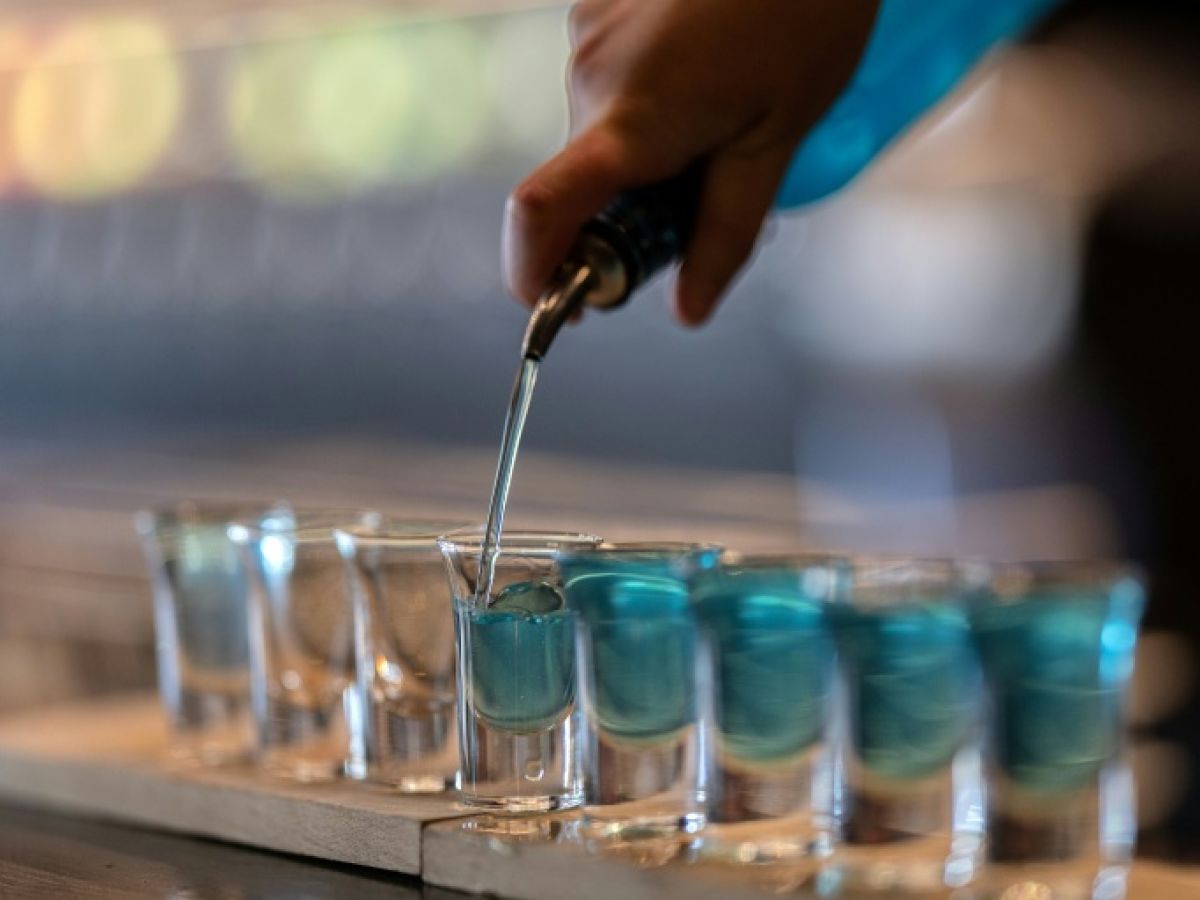Only one shot in 12 days, drunk "out of politeness" : the results of Martin's 18-year-old high school graduation vacation in Malta with friends seem representative of the growing consumption of French adolescents. No drugs, no tobacco, and almost no alcohol. Only 20% of 16-year-old French people reported in 2024 having ever used tobacco and 8.4% cannabis, according to a European study on youth consumption, relayed at the beginning of September by the French Observatory for Drugs and Drug Addiction (OFDT).

“The first times you consume, it’s either under social pressure or to show off.”
Compared to 2015, there are five times fewer daily smokers and three times fewer young people who have experimented with cannabis, the study points out. While Martin has never touched a cigarette, he has already "tested" alcohol and cannabis, at the end of secondary school. "The first times you consume, it's either under social pressure or to show off," estimates the student who has just entered his first year of law school in Paris.
Since high school, however, he has advocated sobriety, citing his Christian faith, his sports practice, or simply his ability to have fun with his friends without resorting to psychoactive substances. This seems to be in line with a general trend, that of "a growing awareness in society (...) of the harmful effects of these behaviors," says Nicolas Prisse, president of the Interministerial Mission to Combat Drugs and Addictive Behaviors.
A large survey conducted in 2022 by the OFDT on 23,000 17-year-old French people already highlighted a downward trend in their consumption of psychoactive substances, demonstrating according to the public health doctor that "the battle of denormalization" is about to be won.
Read alsoThe results of the European survey conducted in 2024 analyzed by the OFDT
Alcohol remains central to adolescent socialization
In the foreground, tobacco: Charlotte, 16, drinks from time to time in the evening or in clubs, but there is no question of " to fall " In "nicotine addiction"His mother, herself a smoker, forbade him to do so. “She fell into it at a very young age and now it’s really an addiction.”, deplores the high school student educated in the suburbs of Toulouse, stressing that “It costs a lot of money.”
And indeed, the constant increase in price, the plain packaging, the ban on sales to minors, constitute a "regulatory arsenal" which can explain why tobacco consumption is not “more popular among young people”, bringing with it that of cannabis, another "smoking product", according to Mr. Prisse.
Another explanation for this development could be the "deterioration of mental health" observed in young people, leading to a " withdrawal into oneself”, at the age when consumption is linked to a "group social conformity", according to the doctor.
Among Ruben's friends, 17, for example, people don't go out very often. This high school student from Toulouse has never tried tobacco, cannabis, or electronic cigarettes, for which he has no "not so much curiosity". On the other hand, he sees himself consuming alcohol " later ", when he has “more opportunities to drink it.”
Read alsoBinge drinking in adolescents harms brain development
Because alcohol remains central to the socialization of adolescents. Seven out of ten had already tried it in 2024, according to the European study relayed by the OFDT, with a notable frequency of“significant occasional drinking” (binge drinking), or at least five glasses of alcohol on a single occasion. “Being drunk scares me a little, because I have friends who have been so unwell before, to the point of having to call the hospital,” says Clara (name changed), 15 years old.
In the evenings of this second-year student in Saint-Mandé (Val-de-Marne), "there is alcohol" and some young people his age “don’t really know their limits.”
Industrialists “very inventive”
So, not everything is won yet and "we must remain cautious," believes Nicolas Prisse. "Industrialists - or sometimes criminal groups, when it comes to narcotics and prohibited products - are very inventive in terms of trends and proposals for offerings on the market," he adds.
A good example is "puffs," disposable electronic cigarettes. Banned from sale in France since February, but continue to be sold especially in small grocery stores, they remain a very real trend among teenagers, as evidenced by the young people interviewed by AFP. “It’s fruity, it smells good.”, unlike cigarettes, explains Clara. "It doesn't look very dangerous," believes the high school student, although aware of their harmfulness.

